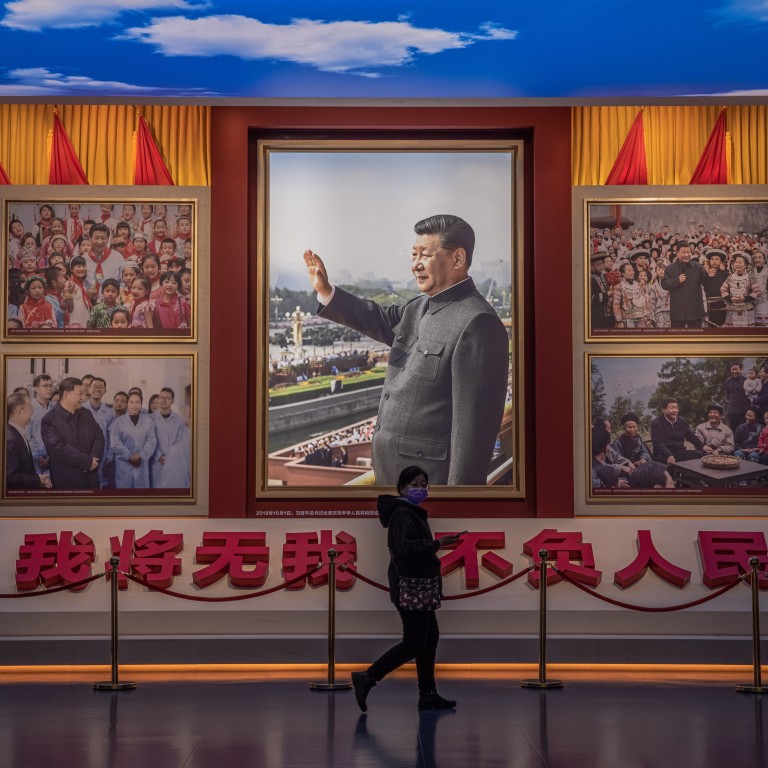
China’s Communist Party is looking for a new generation of leaders. They’ll have to pass ‘the loyalty test’
- Ahead of next year’s leadership reshuffle, personnel chief Chen Xi says ‘political quality’ is crucial for promotion
- He says having the best and most loyal talent at the top will be critical to realising the goal of national rejuvenation
Chen Xi, head of the Organisation Department, made the remarks in an article on “grooming qualified successors” in party mouthpiece People’s Daily on Wednesday. He said having the best and most loyal talent at the top was critical for the party to realise its goal of a great national rejuvenation.
He also emphasised that loyalty was the most important thing and said while the party should open the door to more young talent, they would have to prove themselves to secure a leadership role.
“[We should] not select them just because of their [young] age. The selection is not about the younger the better,” wrote Chen, who is also a member of the policymaking Politburo.
Instead, he said “political quality” was crucial and only cadres who had a clean track record should be promoted.
“Loyalty is the soul of politics and the most important political quality,” Chen said. “The first criterion for selecting cadres is whether they are loyal to the party – if they fail to pass the loyalty test, then they fail the selection process and will not be chosen no matter how capable they are.”
Xie Maosong, a senior researcher with the National Strategy Institute at Tsinghua University in Beijing, said that with the sixth plenum now over, party officials in charge of personnel decisions were working on forming the new leadership team that will be tasked with delivering on Xi’s ideas and goals.
“Now that the party’s guiding principle is established, the next step is to choose a team to implement Xi’s thoughts into his second centenary goal for 2049,” Xie said, referring to the president’s target of creating a prosperous and modern socialist China.
“The party is in the midst of building a team of people of different ages, with different strengths and capabilities to ensure succession,” he said.
One of those younger cadres is 51-year-old Liu Jie, whose appointment as the new party chief of the eastern city of Hangzhou was announced on Thursday.
Alfred Wu, an associate professor with the Lee Kuan Yew School of Public Policy at the National University of Singapore, said the emphasis on “political quality” and competence had its roots in the Mao Zedong era.
“This requirement was summarised as ‘you hong you zhuan’ in the Mao era – meaning that cadres needed to be both communist-minded and professionally competent,” Wu said.

